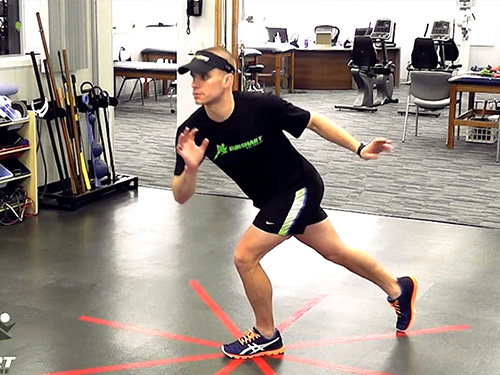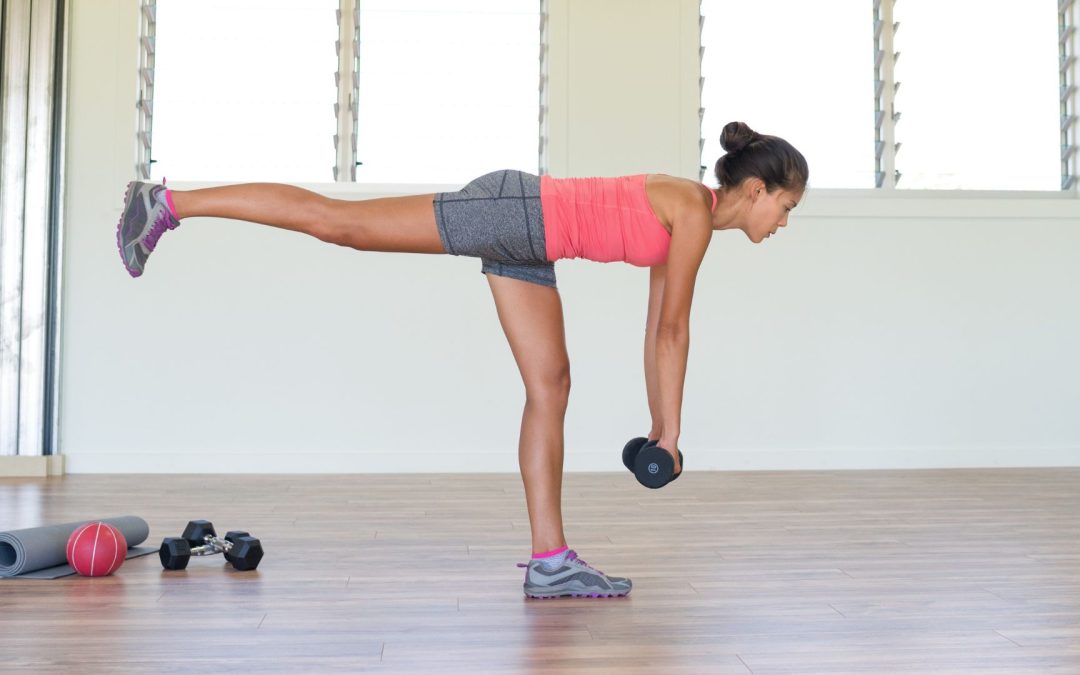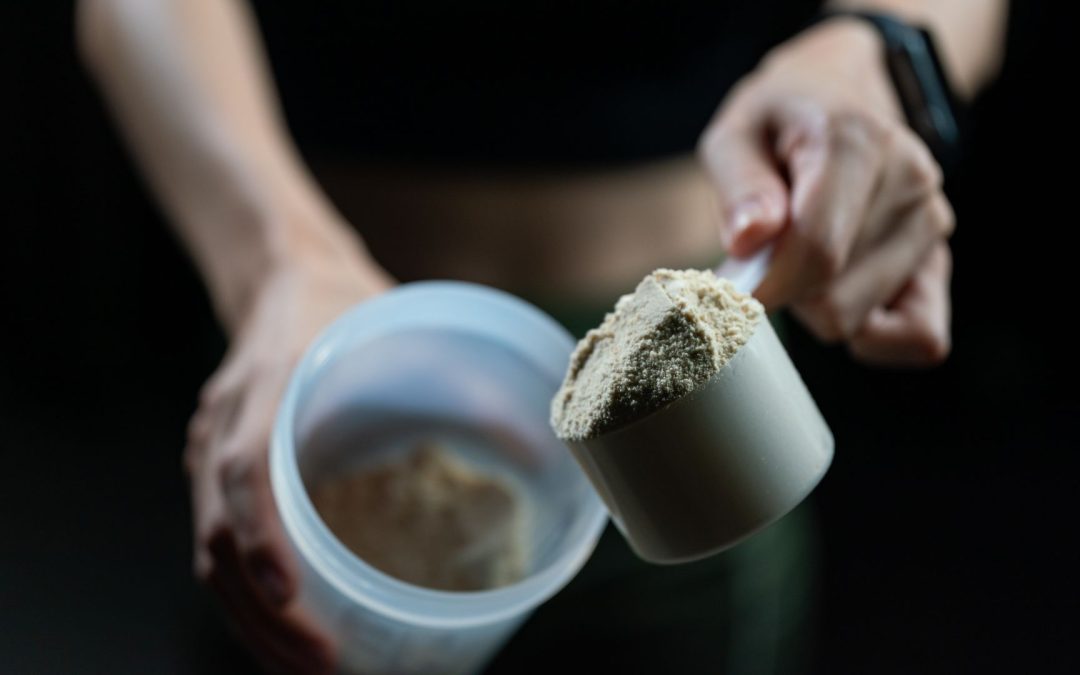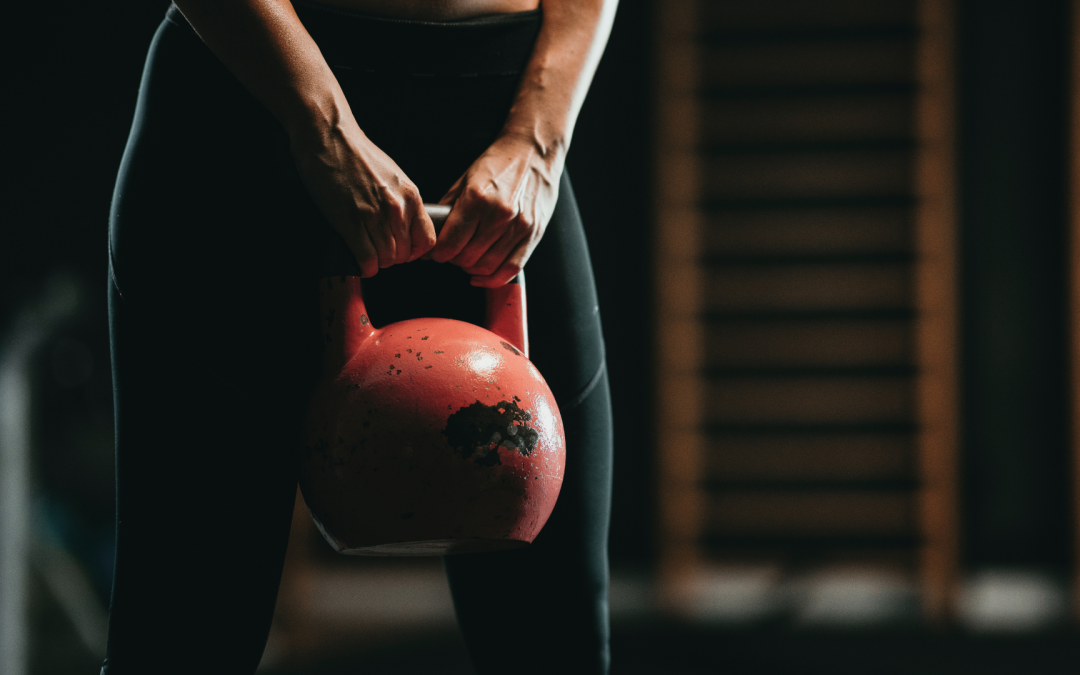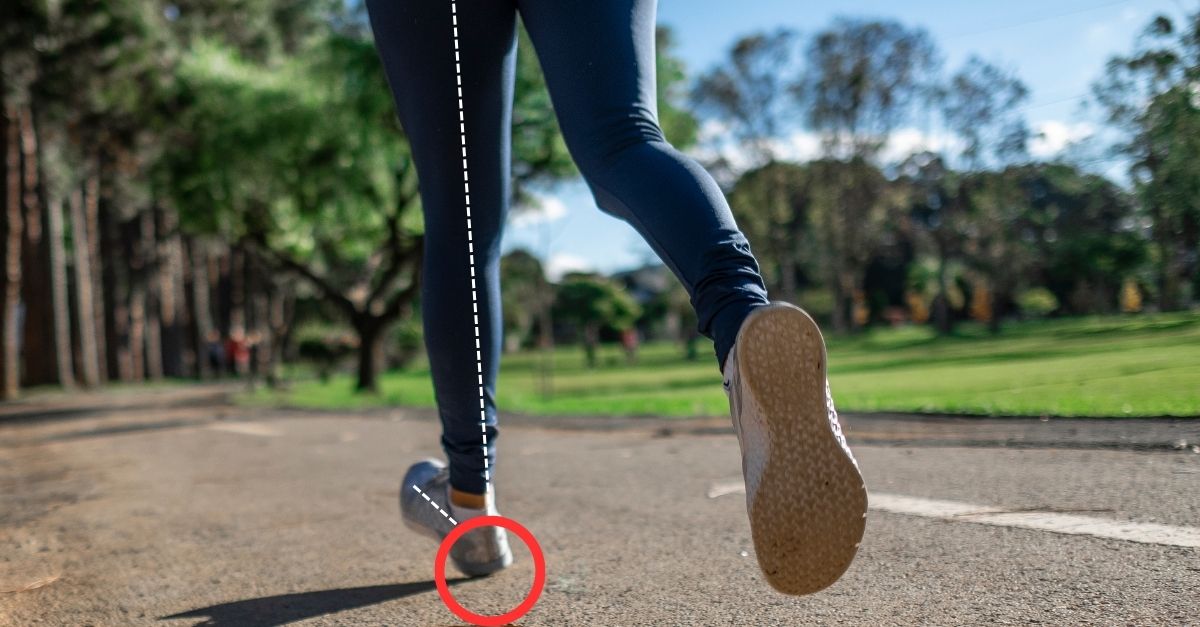Running is a great way to drop some extra pounds and get in shape. But if you’re restricting your calories or hopping on the latest fad diet bandwagon to fast-track the weight loss process, you might notice your energy levels plunge, your running begin to suffer, and your fitness goals come to a screeching halt.
To achieve optimal performance and quicken your recovery time between workouts, runners need a mix of fats, proteins, and carbohydrates as part of a healthy eating plan. Although there’s no one-size-fits-all approach to healthy eating, consuming a variety of nutrient-dense foods to nourish you will assist your body with having the energy it needs to go the distance.
To optimize run performance and maximize your potential, follow these four tips to give you the strength and stamina you need to take your training to the next level.
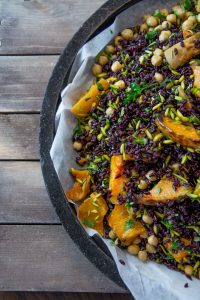 Swap out refined carbohydrates for healthier options.
Swap out refined carbohydrates for healthier options.
While carbohydrates are the enemy of many current diet trends, for a runner, carbs are a necessary fuel source for your body. Plus, they shore up your muscles’ glycogen reserves, so you can run longer without hitting the dreaded “wall.”
If your daily diet already contains a few servings of fruits or legumes (like beans, peas, or lentils) you may not need to consume extra carbohydrates when completing short runs. However, if you plan to kick the intensity up a few notches, you’ll probably need to increase your carbs as well. But not all carbs are created equal. Foods like quinoa, sweet potatoes, berries, and bananas have an assortment of vitamins, minerals, and antioxidants to help you achieve peak performance—while pasta and bread lack vital nutrients.
Don’t skip the protein.
For runners, protein is critical for your body to maintain and build muscle mass. Additionally, it aids in muscle recovery, so you’re less likely to get injured. A 2017 study in the Journal of the International Society of Sports Nutrition found that protein, “suppresses markers of muscle damage (creatine kinase) 12 to 24 h post-exercise and decreases the endurance athletes’ feelings of muscular soreness.”
But how much protein does a runner need?
The American College of Sports Medicine suggests that a person training for a running event should consume between “1.2 to 1.7 grams of protein per kilogram of body weight per day (or 0.5 to 0.8 grams per pound of body weight” to preserve muscle mass and assist in recovery.
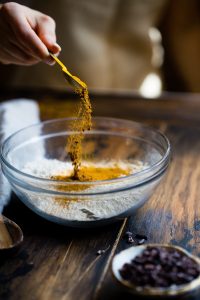 Add anti-inflammatory foods to your diet.
Add anti-inflammatory foods to your diet.
Whether you’re training for a race or running as part of an overall fitness routine, you’ll likely battle inflammation at some point. Adding anti-inflammatory foods to your diet can ease pain and hasten your recovery time. Foods like goji berries, turmeric, and chia seeds are loaded with antioxidants to scavenge free radicals, lower oxidative stress, and maintain the health of your cells. To find other foods you might enjoy that rank high in antioxidants, you can browse the ORAC (Oxygen Radical Absorbance Capacity) Database.
Eat plenty of healthy fats.
Healthy fats, like those found in nuts, fish, avocados, coconut oil and olive oil, have their place in a runner’s diet—they reduce cholesterol, support brain and nerve function, and control blood sugar. Just how much fat should you be eating?
The Dieticians of Canada note that recommendations will vary based on a person’s training, body composition, health, and nutrient requirements, but a general guideline is to eat approximately 20 percent of your daily caloric intake from essential fatty acids and minimize your consumption of saturated fat to around 10 percent. Additionally, beneficial fats as part of a well-rounded diet can help curb the appetite increase that comes after you rack up the miles.
Formulating your diet plan to reach your fitness objectives can be overwhelming. If you’re training has stalled despite your best efforts, you may consider working with an expert in sports performance like a nutritionist or dietitian. Although it may take some trial and error to map out a diet that is right for you, working with a professional might be the spark you need to reach your running goals and enhance your athletic performance.
What dietary changes have helped you improve your run performance? Tell us about it in the comments below.



